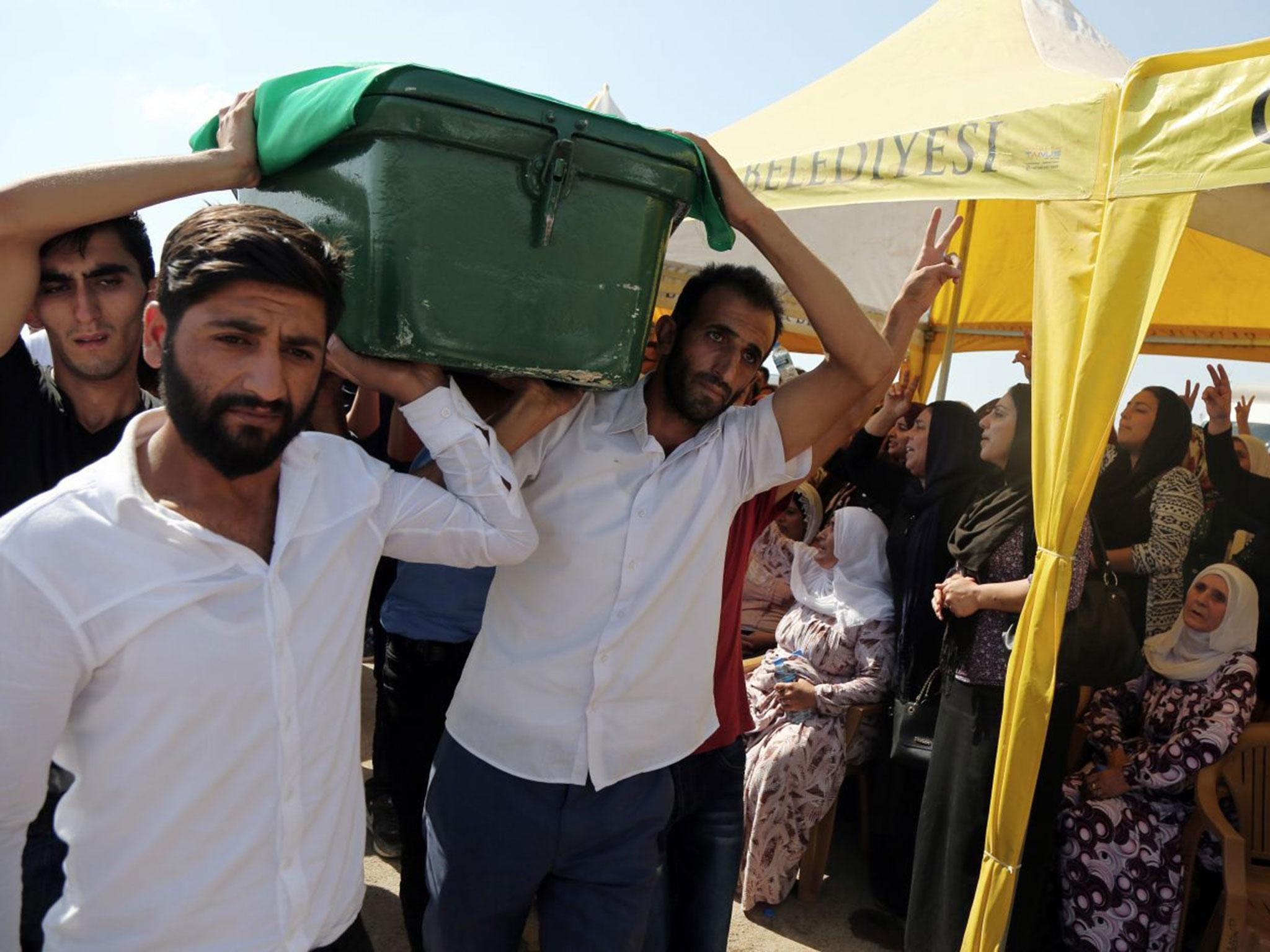Turkey bombing: Questions over 'hypocritical' international response to wedding attack that killed 54 people
Critics have contrasted the response to attacks in Paris and Brussels with the bombing

The global reaction to the deadliest bombing in Turkey this year has been condemned as “hypocritical” in comparison to the outcry in response to the Paris and Brussels attacks.
More than 50 people, including 22 children, were killed when a blast struck a wedding party in the city of Gaziantep on Saturday.
President Recep Tayyip Erdogan said Isis was responsible, using a child suicide bomber as young as 12, but officials later said it was too early to confirm the age of the attacker or the group behind the massacre.

It was one of many attacks in Turkey so far this year, which has seen a string of bombings and shootings blamed on both Isis and Kurdish militant groups hit Ankara, Istanbul and south-eastern provinces.
Around 300 people have died in the violence but few incidents have garnered a response on the scale seen after Isis’ attacks in Paris and Brussels.
On social media, people were questioning why world landmarks were not being lit up with the Turkish flag in tribute and criticising the level of coverage in some international media outlets.
On 29 June, 41 people were killed in a gun and bomb attack by Isis militants at Istanbul Ataturk Airport, while 37 victims died in a suicide car bombing by Kurdish separatists in Ankara in March.
Writing in The Independent following that attack, Yasmin Ahmed said: “There seems to be limits to our solidarity and these boundaries look uncomfortably like the map of western Europe.
“Turkey remains just outside of our realm of care, not close enough in proximity to afford our grief.”
Mr Erdogan appeared to hit out at the global reaction to the Istanbul airport attack in June, saying: “The bombs that went off in Istanbul could have gone off in any city in the world, in any airport.
“I want everyone to understand that, to the terrorists, there is no difference between Istanbul and London, Ankara and Berlin, Izmir and Chicago.”
On Monday the government vowed to “completely cleanse” Isis militants from regions along the Syrian border, where Gaziantep lies.
The so-called Islamic State has not claimed responsibility for the bombing, although its propaganda has previously claimed the existence of “covert units” in Turkey.
The pro-Kurdish Peoples' Democratic Party (HDP) said the wedding party was for one of its members, with the groom injured and more than 60 guests remaining in hospital.
The targeting of the wedding turned suspicion on Isis as it continues to be pushed back by Kurdish groups in Iraq and Syria, while a senior security official told Reuters the device used was the same type as those employed in the July 2015 suicide attack in the border town of Suruc and the Ankara bombings in October.
Investigators are looking into the possibility that militants could have put explosives on a child without his or her knowledge and detonated them remotely, or even used a child with learning disabilities.
If investigations show a child suicide bomber was used, it would be the continuation of a long strategy by Isis to brainwash and coerce young boys before deploying them to carry out terror attacks, often hailing their deaths on propaganda channels.
The day after the Gaziantep attack, a young boy suspected to have been sent by Isis to bomb a mosque in Iraq was filmed crying as police removed the explosive vest strapped to his chest.
Join our commenting forum
Join thought-provoking conversations, follow other Independent readers and see their replies
Comments
Bookmark popover
Removed from bookmarks